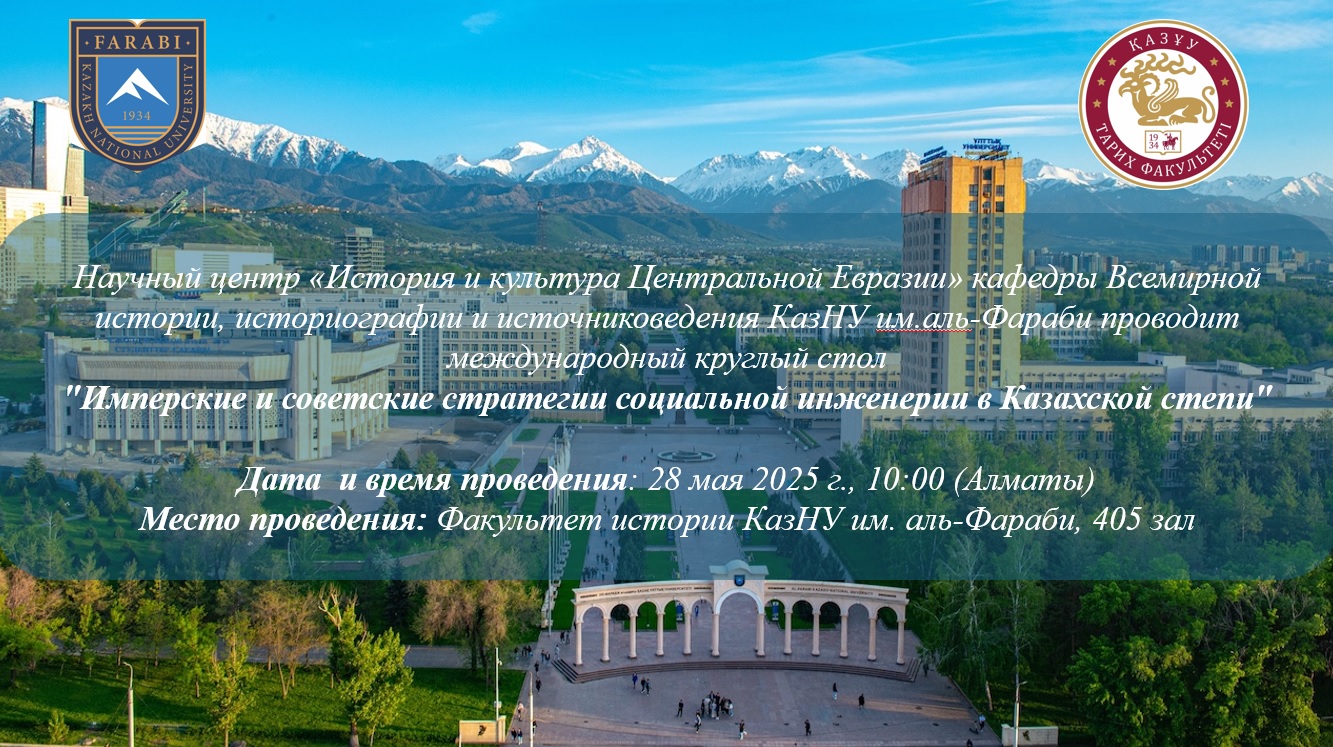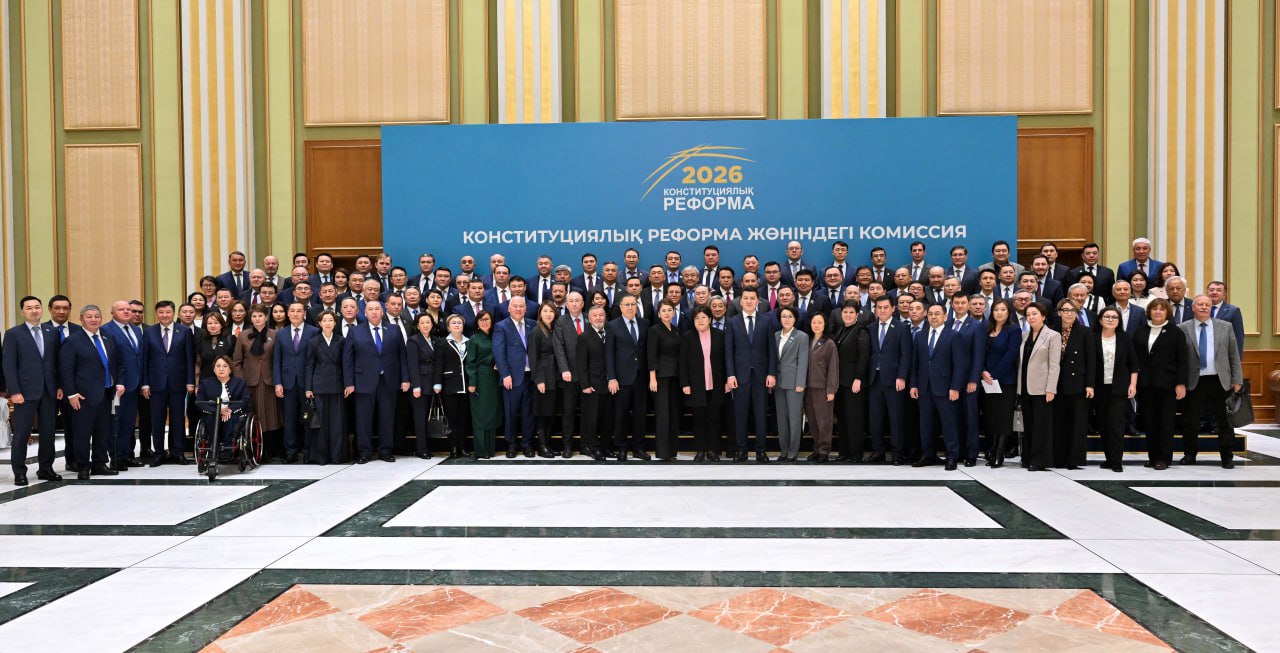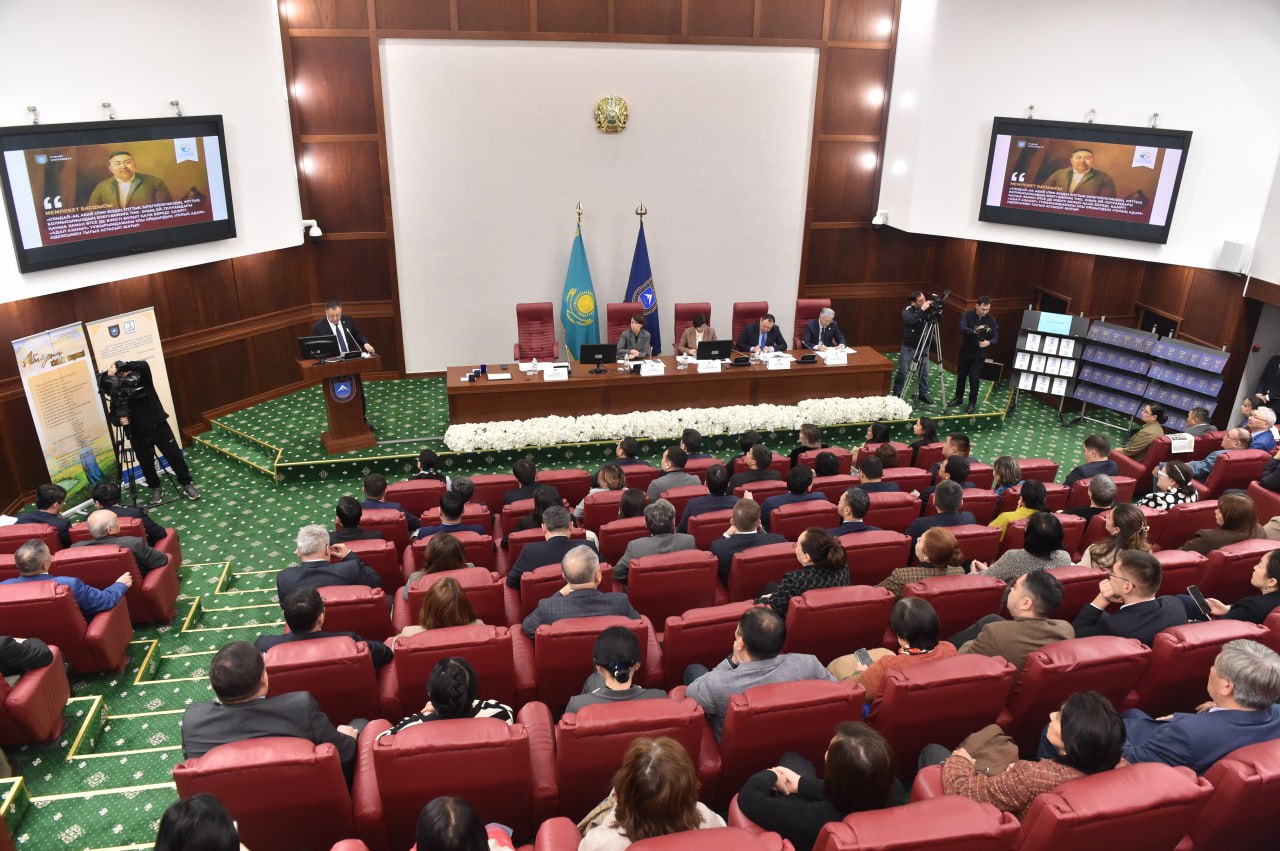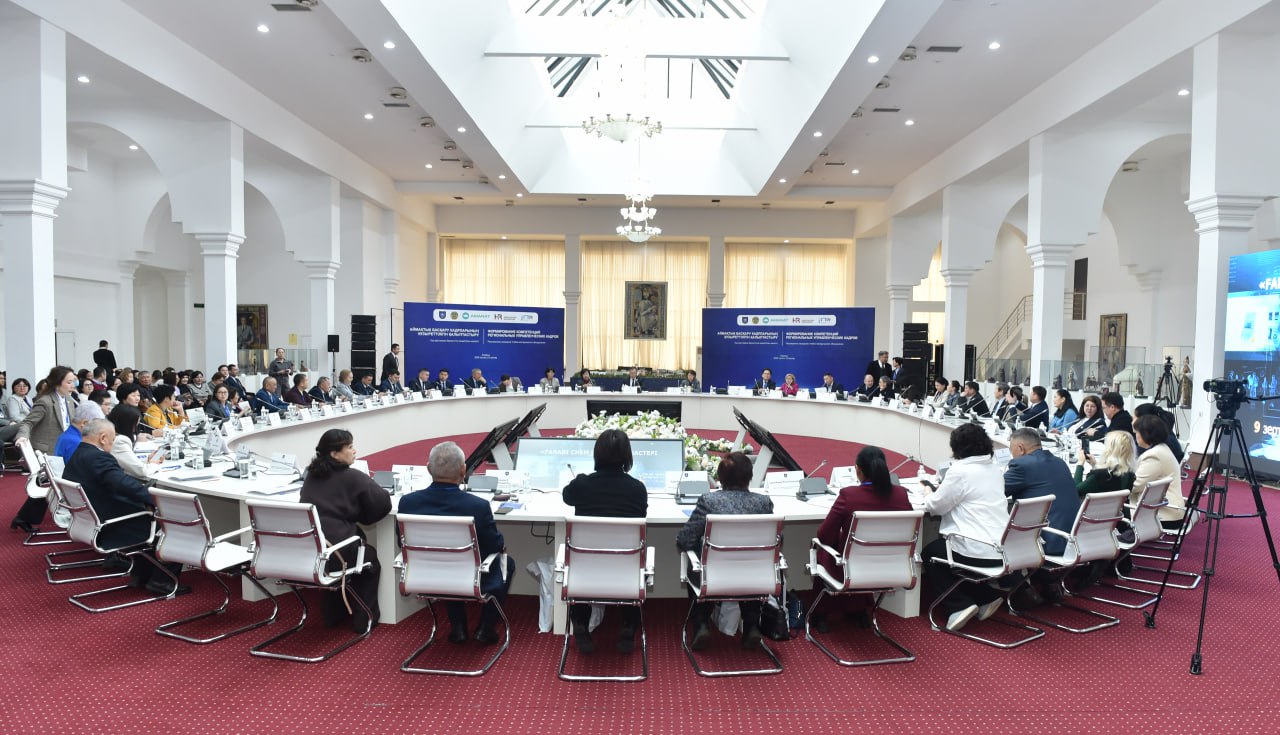- Main
- News
- An international round table "Imperial and Soviet Strategies of Social Engineering in the Kazakh Steppe."
An international round table "Imperial and Soviet Strategies of Social Engineering in the Kazakh Steppe."

The Scientific Center "History and Culture of Central Eurasia" of the Department of World History, Historiography and Source Studies of Al-Farabi Kazakh National University is holding an international round table on May 28, 2025, titled "Imperial and Soviet Strategies of Social Engineering in the Kazakh Steppe."
The purpose of the round table is to examine the Kazakh Steppe in the 19th and the 1920s-1930s of the 20th century through the prism of the intersection of imperial and then Soviet modernization projects aimed at transforming the traditional nomadic society. At the center of these projects was the idea of "social engineering" — the conscious construction of a new social order and new social roles through administrative, educational, and ideological mechanisms.
The Russian Empire, starting from the 1820s, intensified its policy of incorporating the territory of the Kazakh Steppe into the common imperial space. One of the instruments of this policy was the development of an education system focused on training local personnel. At the first stage (first half of the 19th century), the task of the imperial authorities was to prepare Kazakh youths for service in the local administration system (translators, scribes, etc.) with adaptation to the administrative and cultural norms of the center. From the second half of the 19th to the beginning of the 20th centuries, the process of introducing vocational education began, namely the opening of teachers' schools, teacher seminaries, pedagogical courses, veterinary and paramedic schools, etc. The educational policy of the Russian Empire in the Kazakh Steppe was part of a broader imperial strategy of social management and cultural integration. Through curricula, language policy, and educational practices, the Empire reproduced social strata that contributed to the introduction of the imperial model of governance into the traditional environment.
With the establishment of Soviet power, the task was set for a radical restructuring of society not only in the economic but also in the social and cultural sense. Within the framework of these tasks, a project emerged to construct a new society and a "new person" through the creation of a new education system and the formation of social mobility through vocational schools and universities. A comparative analysis of these two periods allows us to trace the continuity and differences between imperial and Soviet strategies: from integration through adaptation to total transformation through ideological pressure. The study of "social engineering" strategies in the Kazakh Steppe opens up important perspectives in understanding imperial and Soviet policy, which is the focus of this international round table.
Discussant - Professor Tomohiko Uyama, Slavic-Eurasian Research Centre of Hokkaido University (Sapporo, Japan).
The following reports will be discussed at the round table session:
Kazakh Cadets in the Orenburg Nepluev Cadet Corps: Education and Imperial Strategy - Suinova Ainur Talgatovna, Senior Lecturer, Department of World History, Historiography and Source Studies (Al-Farabi Kazakh National University).
The Kazakh School under the Orenburg Border Commission as a Channel for the Formation of a Loyal Elite - Dyusembekova Zhanna Kuanyshevna, Senior Lecturer, Department of World History, Historiography and Source Studies (Al-Farabi Kazakh National University).
Kazakh Sultans in the Page Corps: Life Strategies and Transformations of Cultural Norms - Tuleshova Ulzhan Zhangeldinovna, PhD, Senior Lecturer, Department of World History, Historiography and Source Studies (Al-Farabi Kazakh National University).
Training of Kazakh Teachers as an Instrument of the Integration Policy of the Russian Empire and a Factor in the Formation of Identity. Sultangalieva Gulmira Salimzhanovna, Doctor of Historical Sciences, Professor (Al-Farabi Kazakh National University).
The Influence of Vocational Education on the Social Mobility of Kazakhs in the Russian Empire in the Late 19th - Early 20th Centuries - Dalayeva Tenlik Toktarbekovna, Candidate of Historical Sciences, Research Professor (Abai Kazakh National Pedagogical University).
Social "Engineering" as Part of the Soviet Project in the 1920s-1930s. Amanzholova Dina Akhmetzhanovna – Doctor of Historical Sciences, Professor, Chief Researcher at the Institute of Russian History, Russian Academy of Sciences (Moscow, Russian Federation).
The round table is held within the framework of the implementation of the scientific project of the Committee of Science of the Ministry of Higher Education and Science of the Republic of Kazakhstan IRN AP19678231 - Social "Engineering" in the Kazakh Steppe of the 19th - early 20th centuries: features and results.
Date and time: May 28, 2025, 10:00 am (Almaty).
Venue: Faculty of History, Al-Farabi Kazakh National University, Room 405.
Join Zoom Meeting: https://us06web.zoom.us/j/86264680510?pwd=dWsJBlPSJ5FOsjG20RddafM3amPQ9S.1
Meeting ID: 86264680510
Passcode: 539806


